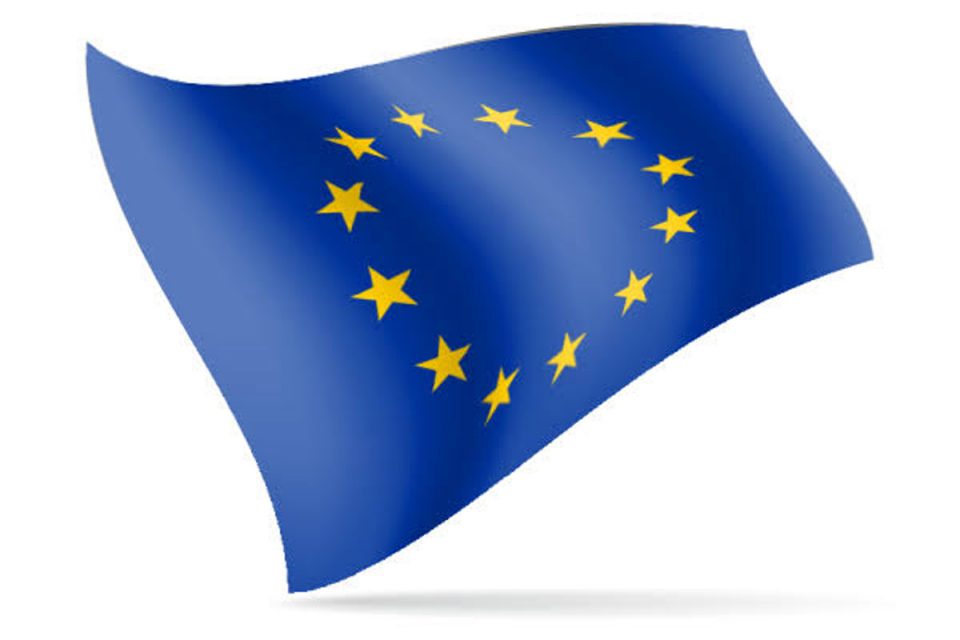The European Union (EU) and other energy experts have stressed the need for energy transition in Nigeria, especially adoption of renewable energy.
The experts, who gathered at the 69th Monthly Power Dialogue organised by Nextier Power decried challenges in Nigeria’s path to low-carbon and net-zero.
This is coming as the EU noted that it would maintain a ban on fossil fuel, adding that about €200 million (N90 billion) has been invested in mini-grid in Nigeria.
Head, Green and Digital Economy Section, EU Delegation to Nigeria and ECOWAS, Inga Stefanowicz; Managing Partner, Business Process Solutions Consult Ltd, Zakari Aliyu; Research and Communications Associate, Nigeria’s Energy Transition Office (ETO), Oluwagbemisola Akinsipe; and Chief Executive Officer, ClimFinance Consulting, Chinma George noted the increasing need for renewables and transitioning to low-carbon energy sources.
To achieve projected low carbon economy, Nigeria had designed the nation’s Nationally Determined Contributions (NDC) commitments, the Energy Transition Plan (ETP) and the revised Climate Change. Some of the targets include adding 5GW of solar capacity every year, electrifying 80 per cent of the transport fleet and converting over 80 per cent of the population to zero emission cook stoves.
Speaking at the event, Stefanowicz noted that the EU would not back down on banning fossil fuels, stressing that €200 million had been disbursed as grants to support the development of off-grid solar projects.
According to her, the EU has been working closely with the Office of the Vice President to achieve key clean energy initiatives, including the Clean Cooking Expansion programme.
Noting that financing fossil fuel would remain challenging, she said the region has divested its funding into renewable energy development.
Stefanowicz said the EU would support Nigeria’s energy diversification plans through engagement with stakeholders, as the group already started co-funding opportunities with the German government.
According to her, the EU is looking toward capacity development and training for small energy development businesses to attract foreign and local investments.
Oluwagbemisola, while speaking on steps to net zero in Nigeria said the government would embark on connecting the NDC targets to ongoing projects through international finance aids, especially the Solar Power Naija Project and the Clean Cooking Expansion Plan.
With the plan, Oluwagbamisola said the Federal Government would achieve clean energy sources for electrification and heating.
Aliyu said the Federal Government, through the office of the special adviser on infrastructure, in collaboration with the ministries of power and finance would reportedly create financing options aimed at solar independent power plants (IPPS).
Aliyu said: “This agreement will see financial institutions such as InfraCorp, Africa Finance Corporation (AFC), and local banks provide naira lending opportunities to enable the IPPS to access adequate repayable capital for projects in the short term.
According to him, utility-scale solar projects could improve energy access exponentially. He said about 14 solar energy companies had signed power purchase agreements (PPA) with the federal government on utility solar investments.
“The sector lacks maturity as it is not ready for bilateral trading. Hence, there is a need for the government to provide the financiers with guarantees of return on investments for utility-scale solar projects,” he said.




